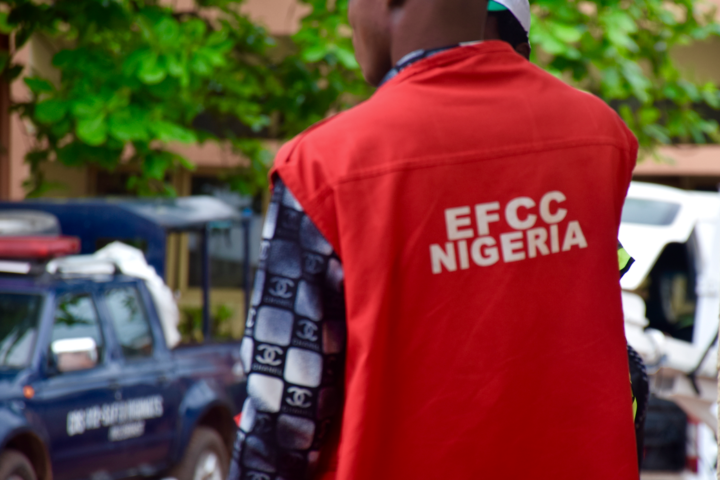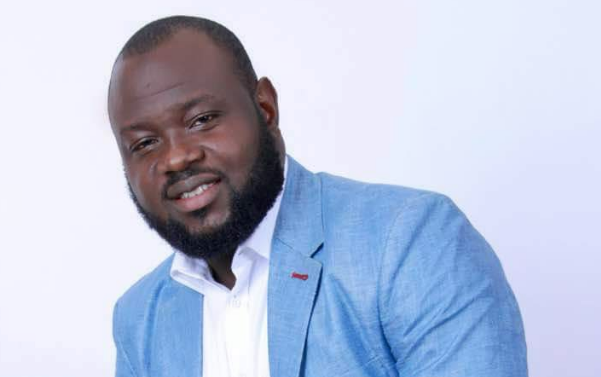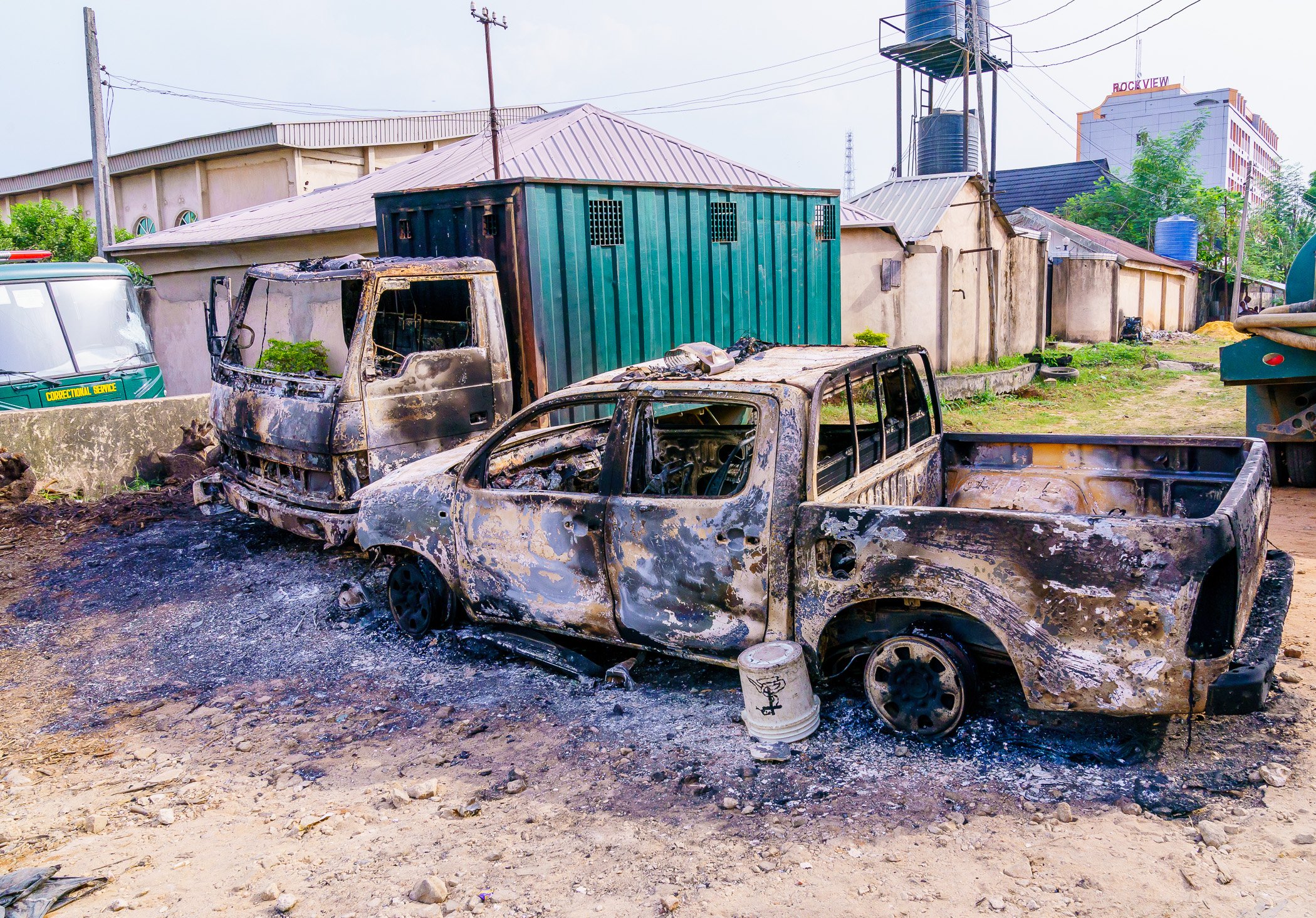The Bill for the Establishment of Chartered Institute of Forensics and Certified Fraud Examiners of Nigeria scaled second reading at the House of Representatives on Thursday, March 29, 2021. The significance of this in the fight against corruption, fraud and criminality in Nigeria is far reaching. Promoted by Association of National Accountants of Nigeria (ANAN), it is a multi-disciplinary Bill crafted to fire from all cylinders the hydra-headed monster that corruption has become in the country. Promoters of the Bill have noted with concern the rising state of failure of cases in court and determined to reverse the trend. They believe 100% conviction of fraudsters is possible in courts if the cases are diligently prosecuted backed by hard core evidence using scientific methods of forensics and fraud examination.
The general public usually thinks that accountants are either fraud examiners or forensic experts. That is not true. As accountants, we are mandated to keep and maintain records in true and fair manner that is reliable. The fraud examiner or forensic accountant on the other hand, looks for the minute details of fraud not just accounts but the diverse ramification of fraud with the aim to ultimately find the evidence that will stand the test of time and nail the suspect.
Both the Association of National Accountants of Nigeria (ANAN) and Institute of Chartered Accountants of Nigeria (ICAN) train accountants. These are two major bodies and the extent of their scope of work is to maintain records of account that ensure reliability and accuracy for all the stakeholders. But maintaining accurate records is not enough in detecting fraud as criminals are always ahead of regulators or any system put in place. That is why you need the special skill of a forensic expert to unravel fraud and corruption. Being an accountant gives one an advantage in investigating fraud but other disciplines like law, economics, sociology, psychology and so on are also incorporated into the fraud examination exercise. Forensics is also diverse. While Forensic accounting is deployed to dig out evidence that will stand the test of trial, forensic science is also used to get evidence that is used in convicting criminals. Undoubtedly, the Chartered Institute of Forensics and Fraud Examiners of Nigeria which combines the two broad areas of scientific investigation will significantly reduce the quantum of fraud both in the public and private sector in Nigeria.
Regulators and even the people in the forefront of the fight against corruption have not been able to understand that we need to build capacity. For instance, if you notice, by legislation, we have the EFCC, ICPC, and even the police with the prosecuting powers associated with anything that has to do with corruption but we do not have a single professional body in Nigeria that is chartered and, dedicated for the purposes for fraud examination and forensic accounting. What we have on the other hand is so much money going into prosecution but what about the training and capacity building of professionals that is independent to service both the public and private sector in ensuring that we root out fraud and criminality? That is where the Institute comes in.
Advertisement
The Chartered Institute of Forensics and Certified Fraud Examiners of Nigeria will uniquely put on the table something different. It is different from any other law ever passed in this country because there is no law passed to build capacity of Law enforcement agencies in the area of forensics and fraud examination.
Secondly, ANAN has the Nigerian College of Accountancy and that college has been upgraded into a university. The next necessary step will be to create the Nigerian Forensic Academy and once the bill becomes law, the Academy will be affiliated to the university to build capacity of the tertiary institutions. The idea is to upgrade it to a regional university in Africa in forensics and Fraud examination. The multidisciplinary nature of the Institute makes it a platform for diverse professionals in forensic architecture, criminology, law, sociology, medicine and so on to deal with various ramification of fraud. This way, the Institute will have the scope and competence to deal with the broad diversity of our economy and growing complexities of fraud. The bill, when passed into law, will deal with banking, insurance, capital market, judiciary and even legislative fraud. Let it be clear: EFCC and ICPC are investigations and prosecuting agencies. They have prosecuting powers. The Chartered Institute is not a government agency and it is not going to be funded by government’s money. It is going to be funded by subscriptions and activities it will generate from its members.
Interestingly, with Nigeria joining the African Continental Free Trade Area (AfCFTA), the implication is that money laundering, tax evasion, trade malpractices and all sorts of inter- jurisdictional fraud and organised crime will double because of the huge market and so many things being liberalised. So if there is anytime Nigeria should take leadership so that it will become the epicenter that will incubate professionals in forensics and fraud examination not only for the country, but export them as intellectual capital, this is the time. And Nigeria can do that through this Institute. This is because Nigeria is one of the biggest victims of fraud. So this Institute is uniquely different from any other body you have currently or any legislation that is being contemplated in the National Assembly.
Advertisement
Another aspect where the Institute will play a key role is the area of recovered loots. The Institute will ensure that recovered loots are properly accounted for. And not just accounted for, but are not re-looted and reapplied. Working with this Institute, Nigeria can also ensure the speedy recovery of loots that are still trapped abroad with so many technicalities to delay their return to African countries. The Institute will ensure the speedy global action for the return of the loots with the commitment that these loots will be directed towards the SDGs.
The importance of the Institute to the three arms and tiers of government is so germane that we believe passage of the Bill into Law will perhaps be the greatest gift the ninth assembly will give to this country.
Gashinbaki is President and Chairman of Council, Chartered Institute of Forensics and Certified Fraud Examiners of Nigeria. He wrote via: [email protected]
Advertisement
Views expressed by contributors are strictly personal and not of TheCable.
Add a comment







